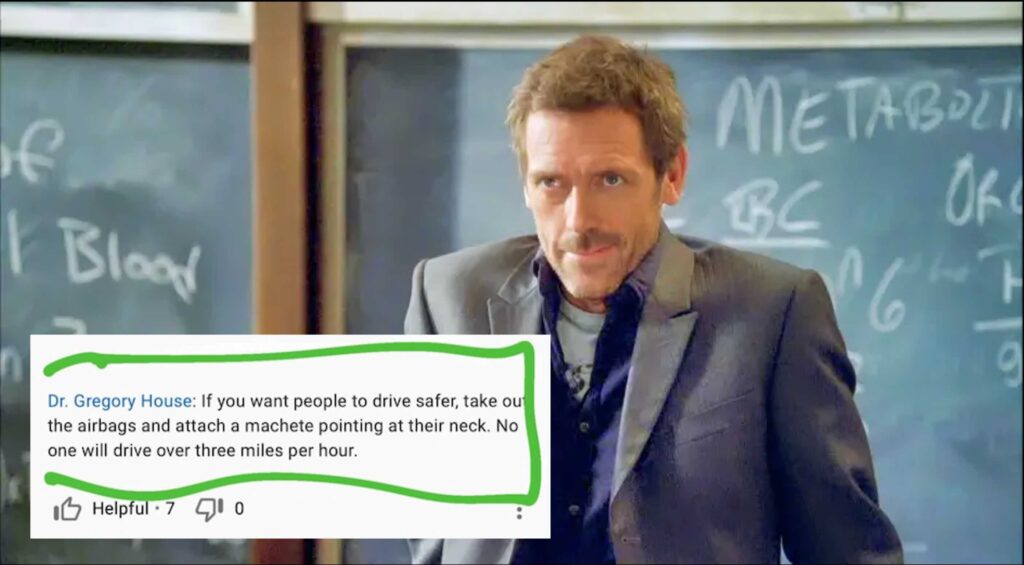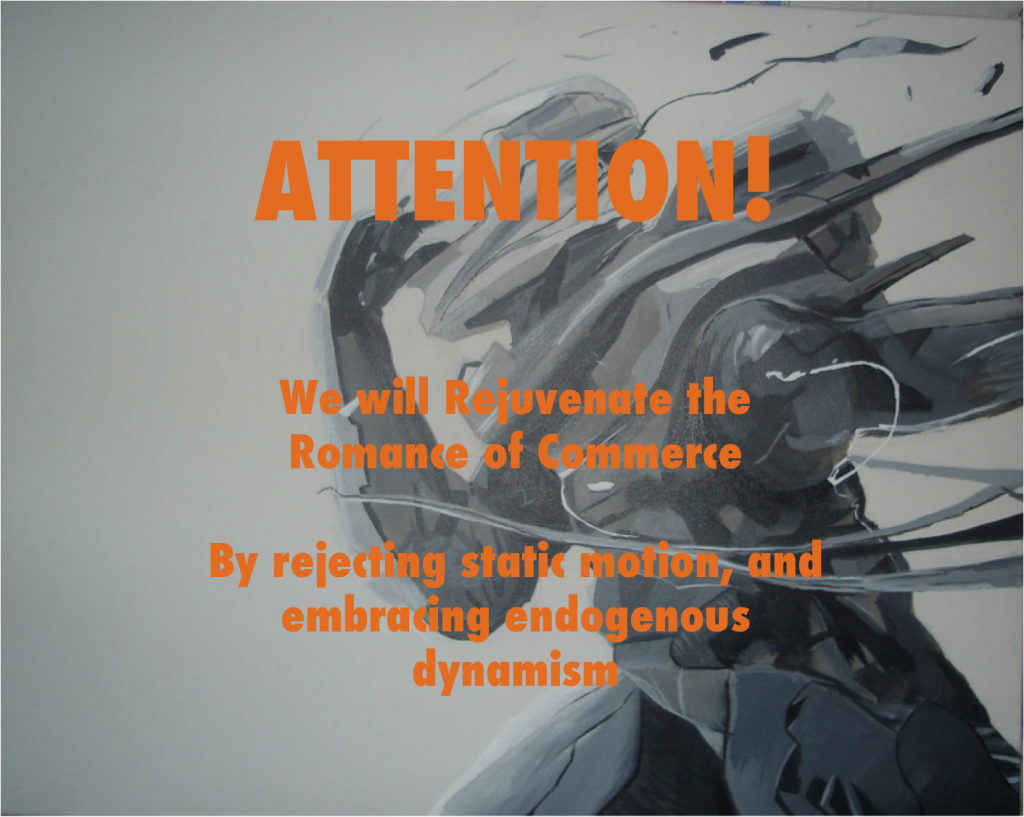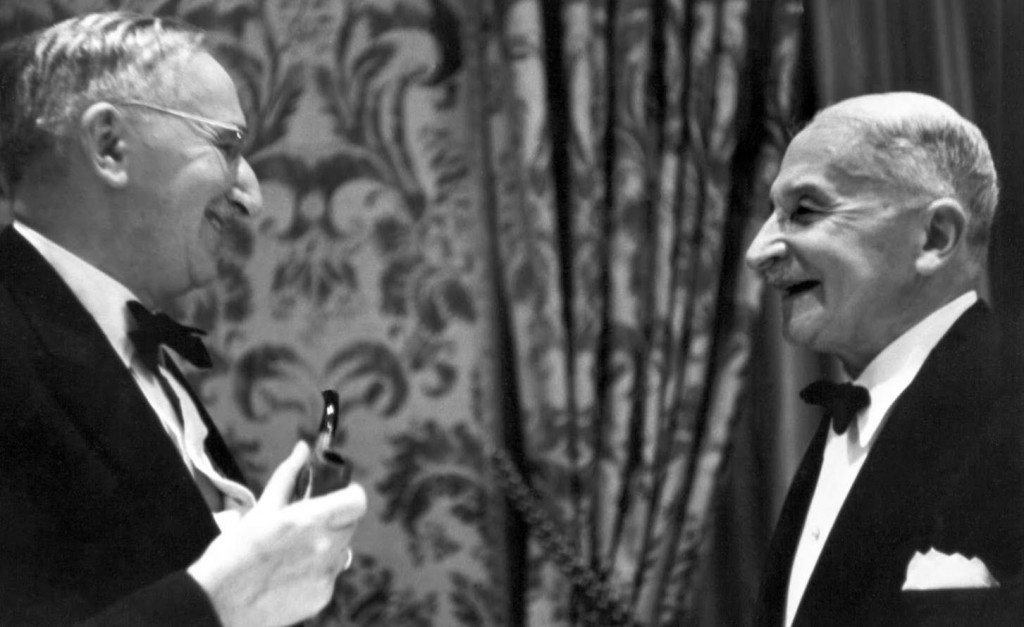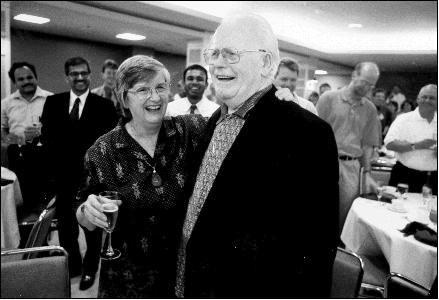Incentives matter
| Lecture handout: Incentives matter* |
| Case: Incentive Design, January 2023 // or complete this form |
| Activity: Soviet Planning, June 2022 // or complete this form |
Textbook Reading: Chapter 1 (Intro and Section 1.1; pp. 5-16)
An introduction to the economic way of thinking, which pushes the boundaries of the power of incentives.
Incentives are what economists define as the relationship between the benefits (the value we expect to gain) and the costs (the value we expect to give up) of a decision.
In this lecture we saw how conventional wisdom believes that seatbelts make you safer. But economic wisdom asks how they affect the benefits and costs of being in an accident. The lecture content on seatbelts comes from a great book called “Risk“, by UCL’s John Adams. Risk compensation is a well known concept in international relations – in September 2023 Jake Sullivan, national security advisor to Joe Biden, proposed adding all 5 members of the UN Security Council to the existing nuclear hotline system. As The Economist reported, however, the response was discouraging:
“If you wear a seatbelt in a car, you’re going to be incentivised to driver faster and more crazy, and then you’ll have a crash. So, in a way, better not to have the seat belt.”
This point was well understood by Gregory House:
An interesting argument against mandatory car seats for children is that by making it harder to fit three or more children into a car, it reduces fertility rates and this outweighs the safety benefits (i.e. we lose more children through a lower birth rate than are saved through better protection in an accident). According to this study, seat belts saved the lives of 57 children in 2017, but reduced the birth rate by 8,000! For more, see “On Car Seats as Contraception” (and if you do want 3 young children you can do what my sister did and buy a wide bodied Ford S Max. In europe, minivans never caught on, and in America, they’re dying out).
Regarding bicycle helmets, here is a New York Times article claiming that “Bicycle Helmets Put You At Risk”.
In 2013 Ian Walker wrote a response to criticisms of his study. Read it here. I originally reported that the 2007 studies main finding was that “Wearing a helmet meant that 23% more cars came within three feet!!” but even the critics accept the evidence that “drivers passed around 8.5cm closer on average when a helmet was worn”. In terms of academic studies, there is some interesting evidence. Schmidt et al (2019) find that wearing helmets reduces the cognitive control of riders, and reduces risk sensitivity. Hoye et al (2020) found that the cyclists under their observation in Denmark who wore helmets did not demonstrate signs of riskier behaviour than those who didn’t, but acknowledged that this may be because their risk compensation is inhibited by the fact that people who wear helmets are more likely to be safety conscious than those who don’t. Indeed given that helmet wearers are systematically more likely to be risk averse, evidence of no difference in actual risk taking may be considered evidence for risk compensation! A 2013 paper by Ben Goldacre and David Spiegelhalter argue that the arguments in favour of mandatory helmet laws are weak. Indeed the BMJ report that when Australia mandated cycle helmets head injuries fell (albeit in line with existing trends and this was true for all injuries, not just head), but there was a 20-30% fall in cycling. Particularly amongst teens 🙁
Finally, the issue is serious and I have no intention of contradicting the claim that if you happen to be in an accident, it is good to have been wearing a helmet. Indeed Olivier and Creighton (2017) looked at 40 studies to conclude that for people who are involved in an accident, helmet use reduced the likelihood of serious and fatal head injuries.
The excellent podcast Science Fictions devoted an episode to this:
- Un-paywalled: Bicycle helmets, Science Fictions, June 4th 2025
| Activity: Here is short quiz on the effect of taxation |
Here is a video of a Cuban receiving his first paycheck after moving to America.
The lecture also looked at how coordination might take place without centralised control. This clip of San Francisco in 1906 demonstrates a spontaneous order:
And here’s a video on the concept of “shared space”, and what happens when traffic lights are removed:
This is a great photo essay about “continuous sidewalks” and here’s a video about their usage in the Netherlands:
| Learning Objectives: Understand and apply the “Economic Way of Thinking”.
Spotlight on sustainability: A discussion of cycling safety |

 Created in July 2004,
Created in July 2004, 





